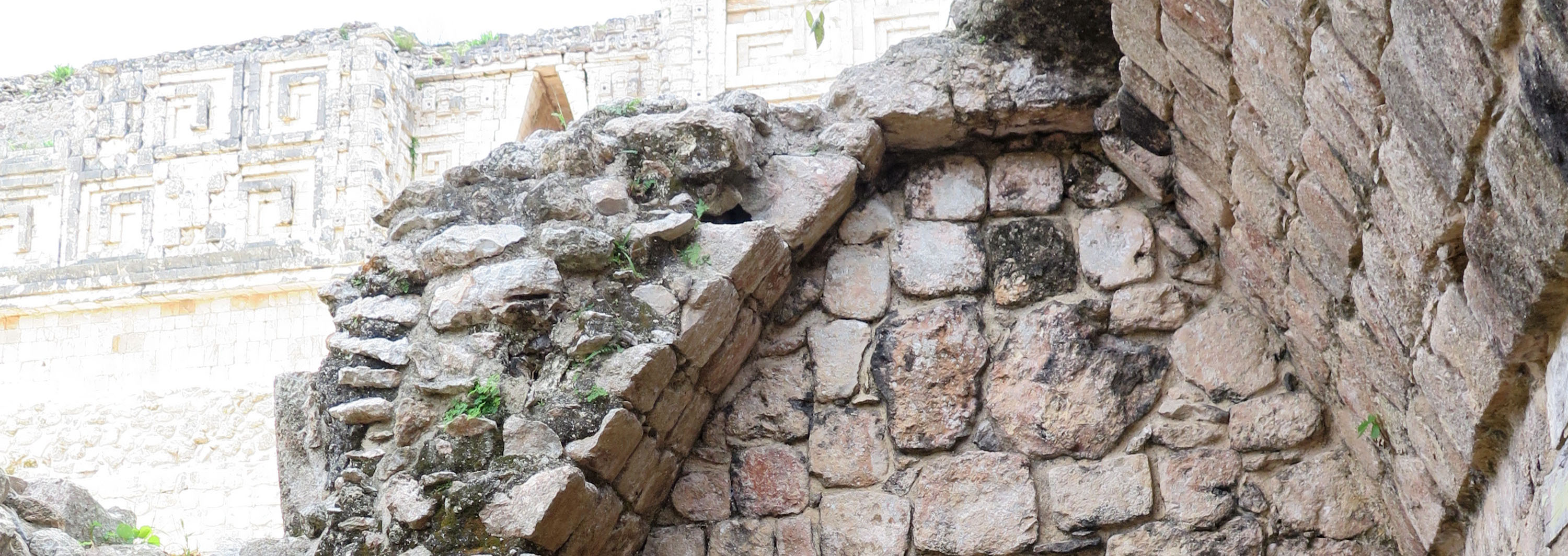An Investigation of the Maya Vault. Methodology and Cultural Significance
https://doi.org/10.34780/joga.v2020i0.1008
Abstract
This paper presents the methodology and the main results of a recently conducted research about the vault in Maya architecture. The study examined this archetypal element by recording data from a wide sample of 391 vaults from different geographical zones and chronological periods. The data collected during fieldwork were complemented by results from previous studies and put into the Maya Vault Database, a new system created to archive, analyze and compare all the features of the vaults. The sample was then analysed from an architectural perspective, taking into account aspects such as form, geometry, function and constructive features of the vaulted spaces, and paying special attention to the conservation state and the mechanisms of decay affecting this type of structures. Based on this analysis, a general classification of the Maya vault according to various criteria was proposed, which provides an efficient tool to register and document Maya vaults. The comparative study of the sample allowed to identify the particularities and the most characteristic features of the vault regional variants, as well as to study their development over time, which reveals results of great interest for cultural history.
Parole chiave:
Architecture, Maya, vault, database, fieldwork, survey





